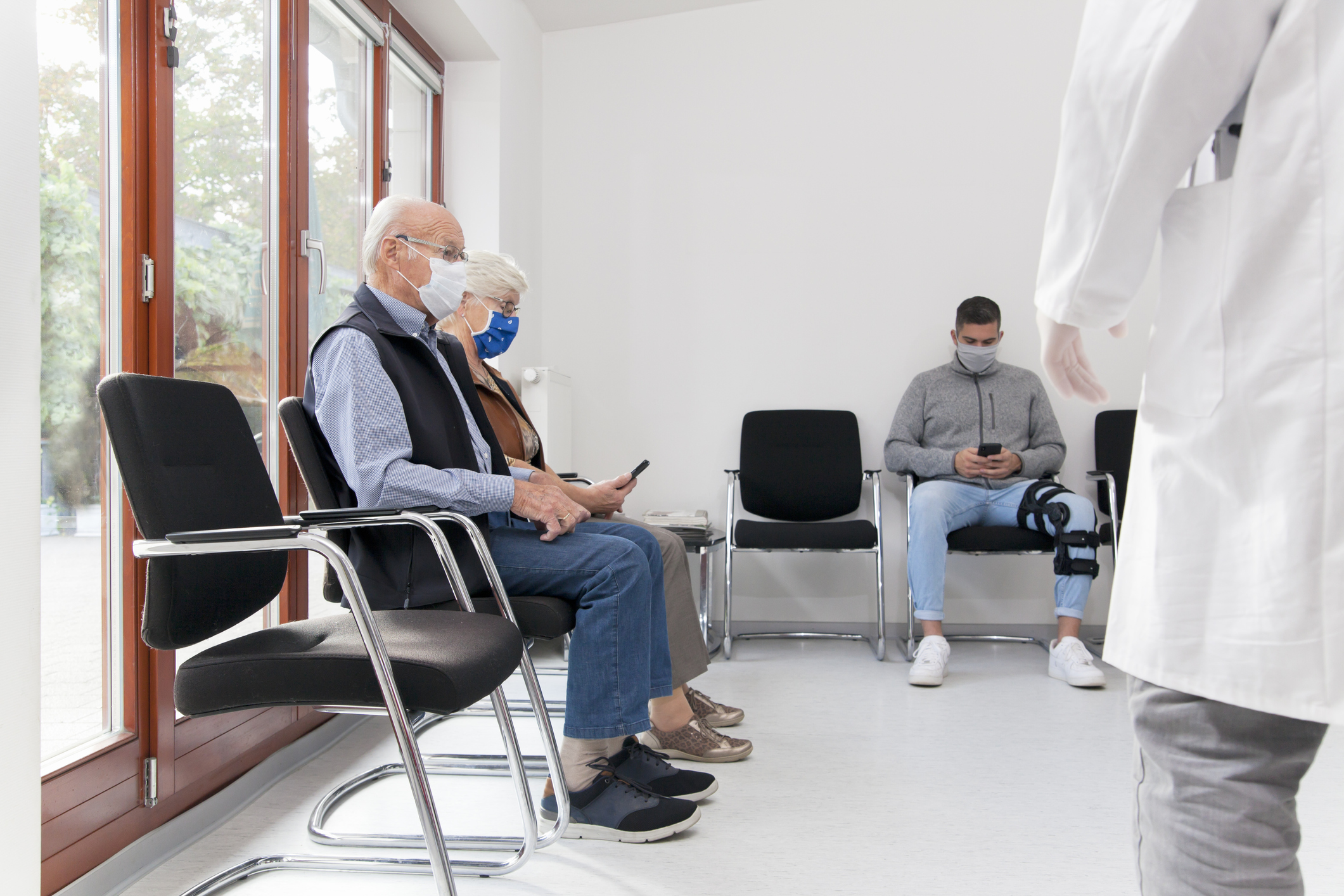Many people, especially those more vulnerable to serious complications from COVID-19 infection, have put off taking care of routine healthcare and screenings. But diagnosis delays followed by delays in diagnostic procedures could have deadly consequences, according to a recent CBC News report, and cancer specialists are concerned about an impending wave of more advanced cases in the coming months.
A recent report by the Quebec Ministry of Health estimated that nearly 4,100 people may have gone undiagnosed with cancer between March and July of 2020; the first wave of the novel coronavirus. On average, about 60,000 Quebec residents are diagnosed with cancer each year.
Many Quebecers delayed getting medical attention and keeping up with annual health screenings last year, worried about infection during the global pandemic. Others experienced delays in medical attention including screening and biopsies as hospitals were overwhelmed with COVID-19 cases. Cedars Cancer Centre in Montreal reports there were 20 percent fewer cancer diagnoses in 2020 compared with 2019. According to the Ministry of Health, 91,000 fewer mammograms were done between April and December of 2020 than in the previous year.
Although more data is being collected, cancer doctors are worried that more patients will be diagnosed at advanced stages of the disease as a result of these delays, requiring more lengthy and difficult treatments. Not only does a hold-up in the diagnosis of cancer make treatment harder, but recent research has found that the risk of death increases by an average of 10 percent for every month of delay.
The slowdown in cancer diagnoses and treatment also creates anxiety and stress for patients and their families and a crisis in the making for hospitals struggling to keep up with the demands of regular healthcare as well as coronavirus cases. As healthcare experts work to get ahead of this anticipated surge in advanced cancer cases, the importance of early screening is paramount.
Being proactive and screening with an at-home colorectal cancer kit every 2 years past the age of 50, and following up with a colonoscopy if necessary, is one way older adults can help take care of their health and avoid a late-stage diagnosis. Using appropriate safety measures, middle aged and older adults are encouraged to keep up with their healthcare appointments as well as dental, hearing and vision screenings. It may be too cold and snowy to participate in outdoor activities over the next several weeks, but while waiting for Spring, there’s no better time to get those postponed appointments on the books and do away with diagnosis delays!






Add Your Voice
0 Comments
Join the Discussion